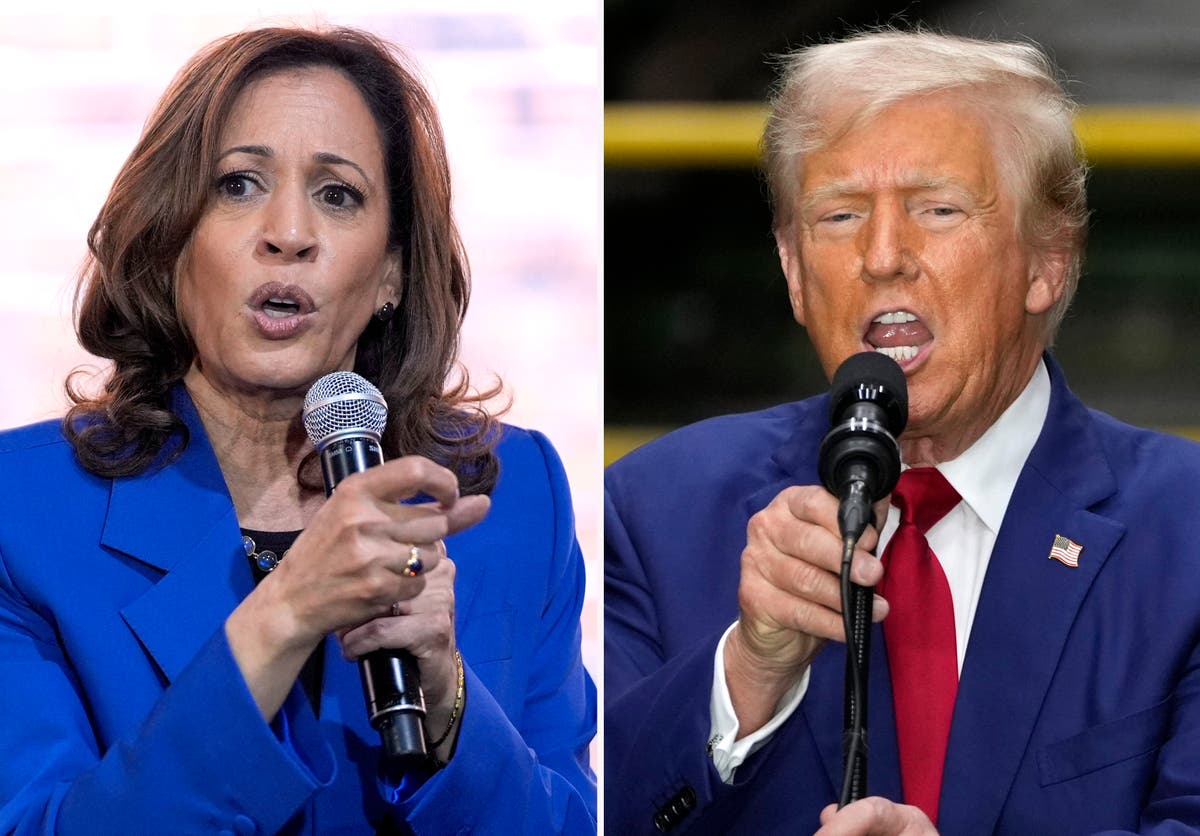Trump Rants About Death Penalty When Asked About Raising His Kids
In a recent rally, former President Donald Trump found himself in a rather unexpected position when a question about parenting led him to launch into a passionate rant about the death penalty. This peculiar intersection of family values and criminal justice policy has sparked conversations across the political spectrum, raising eyebrows and igniting debates about the implications of such rhetoric in the context of raising children.
The Context of the Question
During a campaign event, a supporter asked Trump how he would raise his children in a world filled with crime and violence. Instead of providing a thoughtful response about parenting strategies or values, Trump pivoted to a discussion about crime rates and his controversial stance on the death penalty. This moment encapsulated a recurring theme in Trump’s rhetoric: the blending of personal anecdotes with hardline policy positions.
A Rant on Crime and Punishment
Trump’s response was a fiery declaration of his belief that the death penalty should be applied more broadly, particularly for crimes involving violence against innocent citizens. He argued that harsher penalties would serve as a deterrent to crime, suggesting that a more aggressive approach to law enforcement and punishment is necessary to protect families. "If we want to keep our kids safe, we need to send a message that crime will not be tolerated," he proclaimed, his voice rising with intensity.
This outburst was not just a reflection of his views on crime; it was also a strategic move to resonate with his base, which often favors tough-on-crime policies. However, it also raised questions about the appropriateness of such a stance when discussing the upbringing of children. Critics argue that equating parenting with punitive measures could foster a culture of fear rather than one of understanding and compassion.
The Political Ramifications
Trump’s comments come at a time when crime rates and public safety are hot-button issues in American politics. His call for the death penalty aligns with a broader trend among some Republican candidates who advocate for stringent measures to combat crime. However, this approach has its detractors, including law enforcement officials and community leaders who argue that such policies disproportionately affect marginalized communities and do not address the root causes of crime.
Moreover, the timing of Trump’s remarks is significant. With the 2024 presidential election on the horizon, candidates are keenly aware that crime and safety are pivotal issues for voters. Trump’s rhetoric may appeal to those who prioritize law and order, but it risks alienating moderates and those who advocate for criminal justice reform.
Parenting in the Age of Polarization
The intersection of parenting and politics is not a new phenomenon, but Trump’s comments highlight the complexities of raising children in a polarized society. Parents today face a myriad of challenges, from navigating social media to addressing issues of violence and safety. Trump’s approach, which emphasizes punitive measures, contrasts sharply with the perspectives of many parents who seek to instill values of empathy, understanding, and conflict resolution in their children.
In a world where children are increasingly exposed to discussions about crime and punishment, the question arises: how do we balance the need for safety with the imperative to raise compassionate and socially aware individuals? Trump’s rhetoric may resonate with some, but it also underscores the need for a more nuanced conversation about parenting in the context of societal challenges.
Conclusion
Trump’s rant about the death penalty in response to a question about raising his kids serves as a microcosm of the broader political landscape. It reflects the intertwining of personal values with public policy, raising important questions about the implications of such rhetoric for families and society at large. As the 2024 election approaches, the discourse surrounding crime, punishment, and parenting will undoubtedly continue to evolve, challenging candidates and voters alike to consider the values they wish to instill in future generations.
In the end, the conversation about how to raise children in a complex world is one that transcends politics, calling for a collective effort to foster understanding, compassion, and safety for all.


